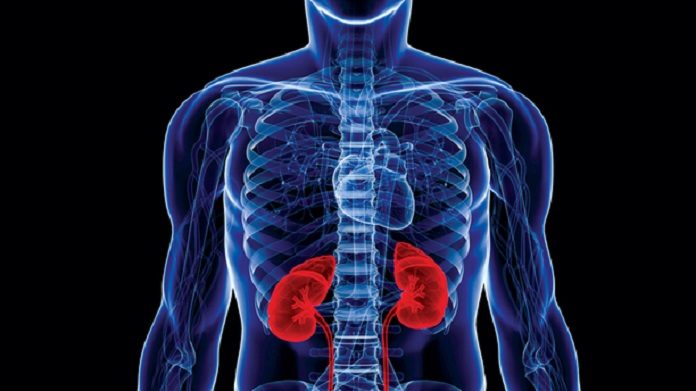Since 2002, the different stages of CKD have been used by doctors to label reduced glomerular filtration rate (GFR) – the rate at which blood passes through tiny capillaries in the kidney each minute, but this leads to confusion and worry for some patients.
For some people, a reduced level of kidney function is not necessarily a disease. They considered it as a normal and asymptomatic sign of aging, given the clear link between decreasing kidney health and increasing age.
Scientists analyzed previously published data from the National Health and Nutrition Examination Survey (2015/16). Based on that they argue that CKD up to stage 4 (where GFR declines from 90 to 15 mL/min/1.73m2), does not meet the criteria for the disease. They linked this with increasing age, from 51 to 95 years old respectively.
Lead author Richard Stevens, an Associate Professor at Oxford University’s Nuffield Department of Primary Care Health Sciences said, “Qualitative studies show that communicating a diagnosis of ‘CKD’ to patients can be uncomfortable and unsatisfactory for all concerned, and primary care physicians often face an uphill battle to retrieve the situation with reassurance.”
“Some doctors prefer not to mention the condition to patients so as to avoid any unnecessary worry, given that a reduced but stable kidney function in elderly patients requires regular monitoring rather than immediate intervention.”
Co-author Professor Richard Hobbs, an inner-city Birmingham GP and Head of Oxford University’s said, “Relabelling CKD stages up to 4 as categories of normal kidney ageing would clear up a common misconception by patients that they require dialysis and transplant due to the use of terms ‘chronic’ and ‘disease’, when their condition is just a normal sign of ageing. For example, a doctor would tell their patient that their kidney age is 68 to 77 years, instead of diagnosing CKD stage 3A.”
The scientists push that kidney sickness remains a critical wellbeing worry for some and the term kidney age should just apply to age-related kidney decrease. Conditions influencing the kidney, for example, nephrotic disorder and polycystic kidneys fall outside the extent of the meaning of kidney maturing.
Before a far-reaching reception of the kidney maturing phrasing by wellbeing experts, the analysts call for assist exchange with tolerant gatherings and more extensive investigations of kidney decrease crosswise over various populaces and ethnic gatherings to better comprehend the connection between kidney wellbeing and maturing.
The study is published in the Canadian Medical Association Journal.
